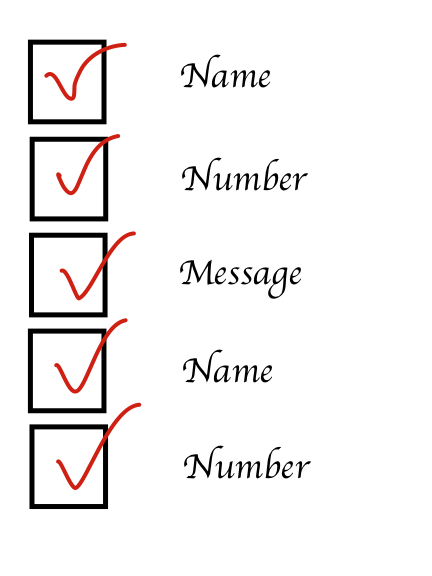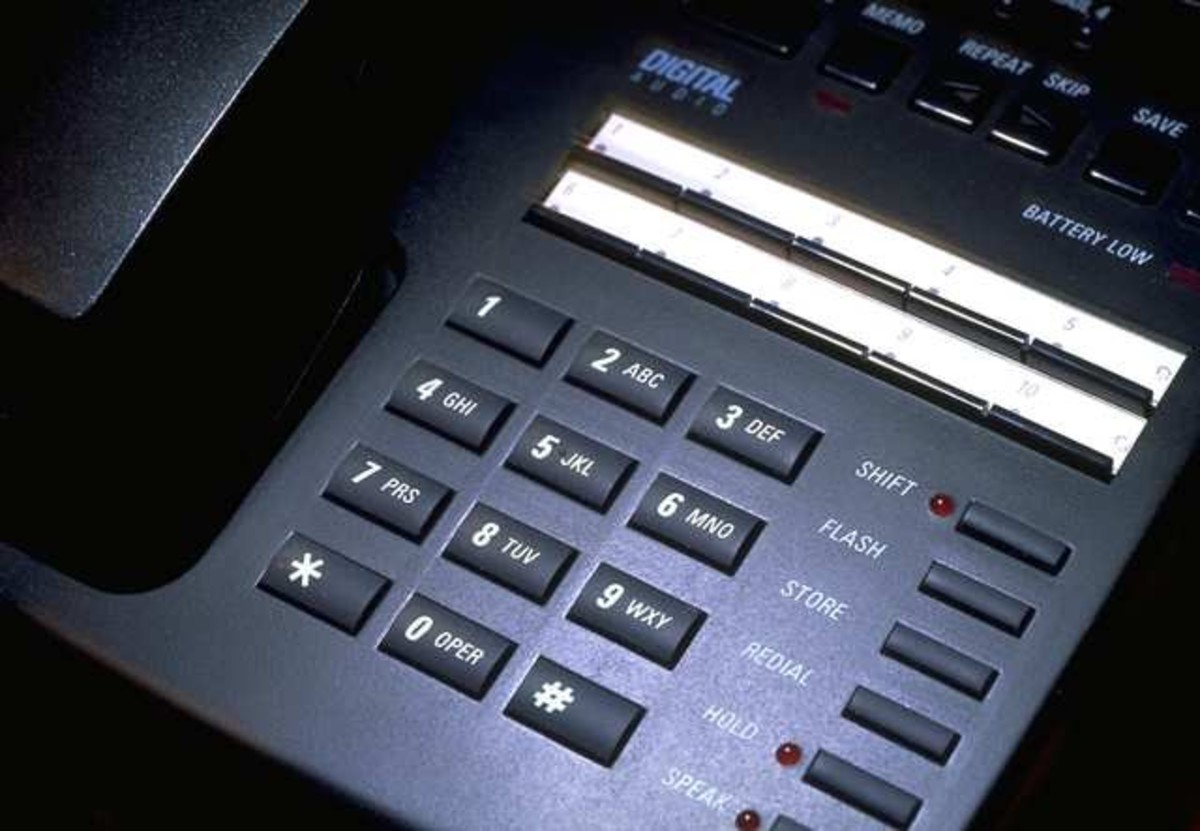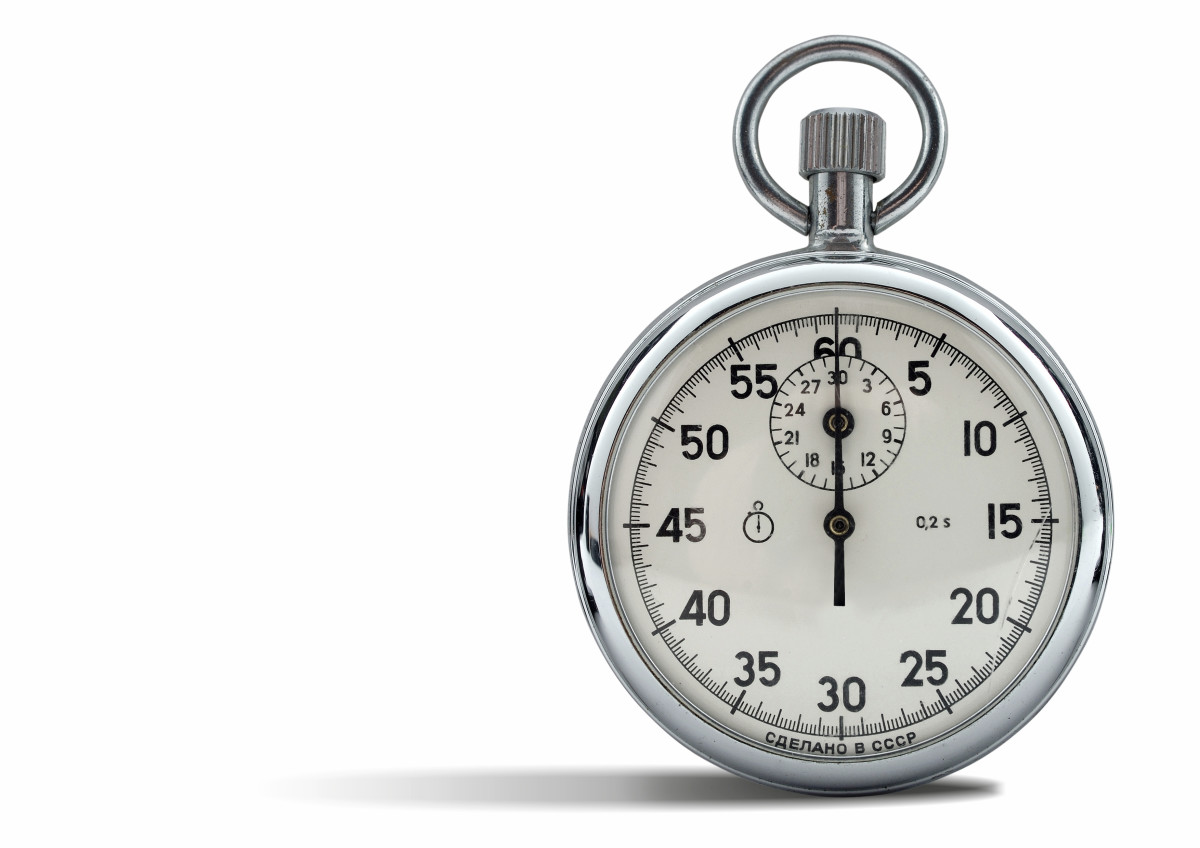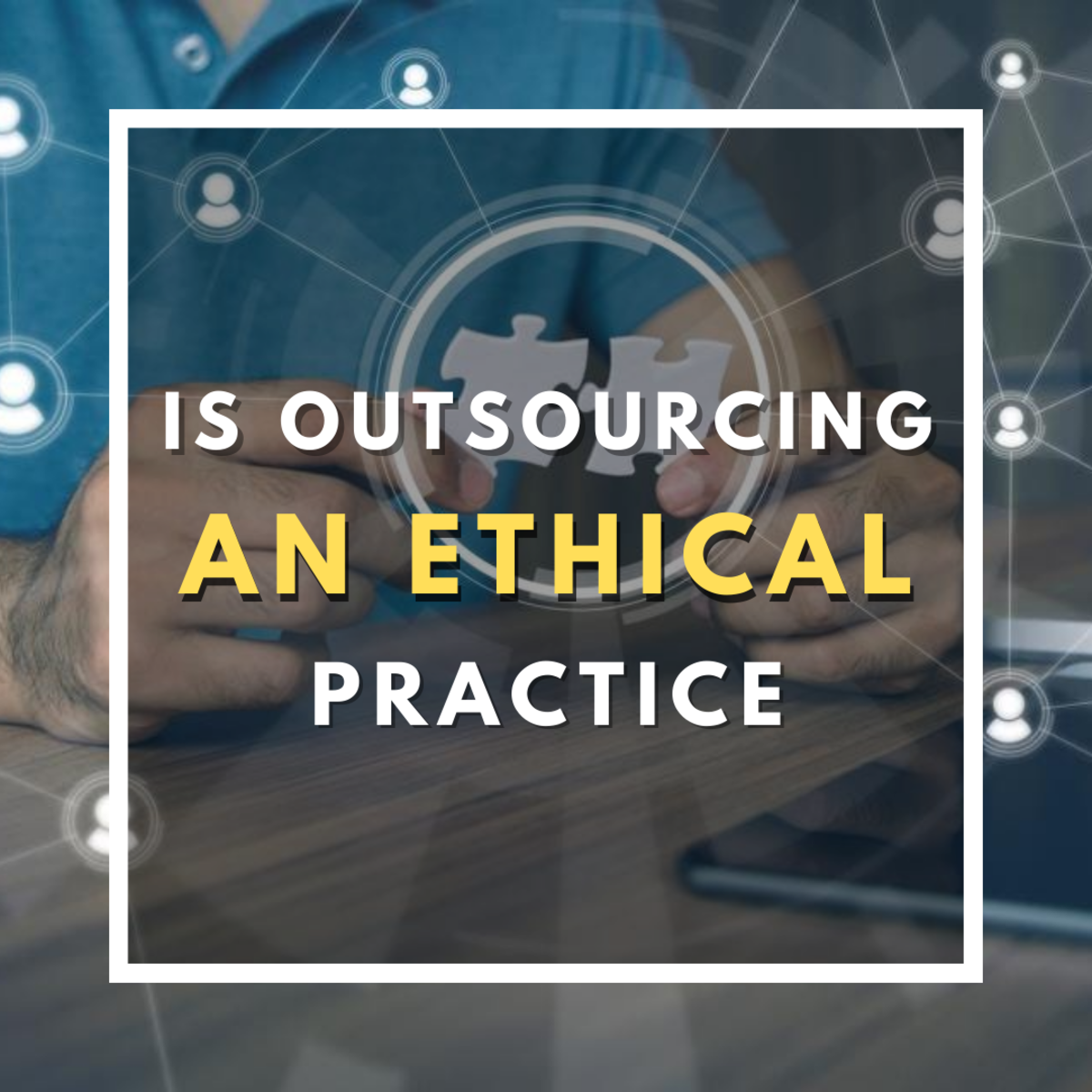How to Make a Business Call: Leaving a Message

The Importance of Voicemail
Voicemail is a vitally important part of everyday business communications. It is likely that you will either listen to, or leave a voicemail within the course of an 8 hour workday. The principles laid out in this article, though intended for business, will work well in personal arenas as well. I can guarantee that you will see an uptick in the number of returned phone calls you receive when using these simply rules.
Voicemail is important for the following reasons:
- Busy people do not always answer their phones when you happen to call.
- Some business professionals screen all their calls through voicemail.
- Many people make a judgment about you simply by listening to your message. A poor first impression may be the only chance you had to make the connection.
Three Types of Irritating Voicemail Personalities
At our business, we receive hundreds of calls every week. We are by no means a fortune 500 company, but we still get our share of calls. Many of those calls come when we are out of the office, or unable to answer for various reason. Most of the messages that are left fall into one of three categories.
- The Cryptic. This is the guy who either leaves no name, or only a first name. He doesn't give the reason for his call, but asks for you to call him back.
- The Rambler. This is the individual who goes on, and on, and on...and then finally runs out of voicemail time so they call back to continue their message on another voicemail!
- The Information Gap. This person may leave their name, but not their number. Conversely, they may leave their number but not their name. They may even leave the reason for their call, but you are left without the personal information you need to determine who you are supposed to call. If they have not left their number, you are left to search through your caller ID looking for a possible match or wait for them to call again.
In case you are wondering, none of these types of message personalities are very successful at achieving their goal. Why?
- I am not interested in calling someone back who was very cryptic about the purpose for their call. I like to know what I am getting into.
- I don't have time to listen to someone who can't tell me what they need without taking up two or three voicemail slots. Imagine how long the actual conversation will last!
- I don't have time to go searching through the caller ID and I don't like calling a number without knowing who to ask for on the other end.
If you are hoping to get the person you wish to reach to return your call, I would strongly recommend avoiding the previous types of messages.

The Five Parts of a Good Voicemail
So what ingredients make up a successful voicemail? Here is the formula I suggest that you use. This is the formula I use, and I rarely have someone not return one of my calls.
- Name
- Number
- Message
- Name
- Number
This simple checklist can help you increase you voicemail productivity. Each part of this list is important. In the next section we will discuss why each part is important and give you a sample voicemail script that you can use for your next call.
How to Leave a Productive Voicemail
When leaving a voicemail always get to the point. People who take the time to listen to your message will often just stop listening if you begin to ramble. Lets examine why we leave all five parts of the message as listed above.
- Name - I would hope this is obvious, but I know from experience that it is not. As soon as you speak your greeting leave your name. If you are making a formal call, you may want to leave your first and last name. If you don't want to leave you whole name, and you are calling on behalf of a business, it is acceptable to leave you first name and the name of the business for which you are calling.
- Number - This is the number where the person can call you back. Do not repeat it here. Just simply leave the number.
- Message - This is very important! This is where you will make or break your message. The message should contain all the vital information without dragging on more than a few seconds. You should include why you are calling this person, what you would like them to do with your call, (call me back, go to my website, etc.) when you are available for a return call and how long you expect the return call to take. That last part is perhaps the most important part of this whole article. As a business professional I have only a limited amount of time in the day to make return calls. I really appreciate someone telling me how much of my time they intend to take if I return their call. I rarely return "open ended" phone calls. By telling the person how long you expect their return call to take, you are telling them that you realize their time is important. You are more likely to get a return call with this approach.
- Name - This is to remind them.
- Number - In case they missed it the first time. There is nothing more irritating than to miss a number at the end of a message and then have to listen to the whole thing over again to get the number. This is the reason we leave the name and number at the beginning and end. If they miss the number at the end, they need only listen to the first few seconds of the message again to get the name and number. Again, this is just respecting their time.
Here is a sample of how this voicemail might go:
Hi, my name is John Smith from Widgets to You. My number is 555-555-5555. I am calling in regards to an upcoming promotional event we are planning. I would like the opportunity to discuss with you the possibility of having you present our keynote address that evening. I just have a few questions to ask you and I would need about 20 minutes of your time. I will be in the office until 5pm today, and again tomorrow from 8am to 5pm. I look forward to hearing back from you. Again, my name is John Smith from Widgets to You and my number is 555-555-5555. Thanks, and have a great day!
Of course you would need to tailor the message to fit your needs, but the basic outline remains the same. Remember, business voice-mails should be professional, and show respect both for the one leaving the message and the once receiving it. I believe that if you put this simple outline into practice, you will see a dramatic increase in the responses you receive from your calls.

Caution
One word of caution at this point. If the person you are trying to reach returns your call, it is vital that you honor your word. Thank them for returning your call, get to the point, and end the conversation within the time frame you gave to them in your message. When you are ending, remind them that you promised to only take "X" number of minutes, and that that time has now expired. Tell them that you realize they are very busy and thank them for their time.
If at the end of that time period, you still have need of further information, you can ask them when a good time would to call them again, or ask them for their email address so that you can send them a request for the final information. I promise, as a professional, I would be very likely to call this person again if they showed me the kind of respect suggested in this article. What do you think?





